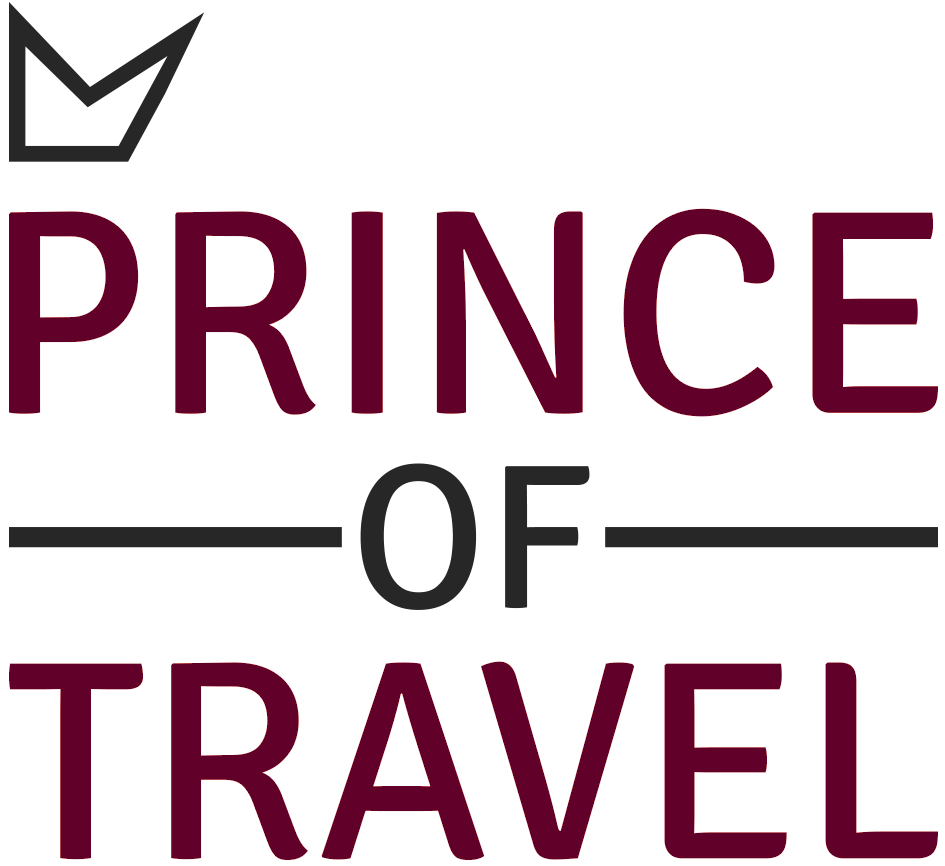Let’s Talk About the Second Guest Trick

Imagine a scenario in which somebody makes a hotel booking, but actually doesn’t intend to stay there themselves, and instead intends for a friend or family member to stay in the room.
Sounds pretty straightforward, right?
Well, the topic can be a little more complex than it first appears, and what might seem like a pretty commonplace situation among friends and family looking to do each other a favour actually brings up some interesting questions about what is and isn’t allowed, both by the terms and conditions and in practice.
In this article, then – which should be treated as purely informational in nature, rather than an endorsement of any practices – let’s talk a little bit about the “second guest trick”.
The Proper Way of Booking Hotels for Another Guest
There are many situations why someone would want to book a hotel room for someone else to stay in, and accordingly, there are a few different approaches to making it happen.
The most proper and above-board way to make such bookings is when the account holder either makes the booking in the other guest’s name directly, or, upon completing the reservation, reaches out to the hotel to modify the primary guest’s name on the booking from their own name to the name of the actual guest.
For example, let’s say you had a sizeable balance of points in a certain hotel loyalty program. You have no immediate plans to use these points, but would love to treat your son or daughter to a memorable Reading Week getaway with their friends.

You could make the booking using your points, and then contact the hotel to change the name on the booking from your own name to your son or daughter’s, thus resulting in a booking where it’s abundantly clear that they will be staying, rather than yourself, even though the points payment for the booking came out of your account.
Most hotels will be able to modify the name on a booking in this way quite easily, and this is probably the safest way to do things that is entirely above-board within the terms and conditions.
(Note that while this practice is almost always feasible when paying with points, there can sometimes be restrictions around the usage of free night certificates issued from a certain member’s credit card, which can typically only be used as a reward in that member’s name only.)
What Is the Second Guest Trick?
However, there are a few downsides to this approach, such as the fact that the account holder won’t be able to earn elite qualifying nights or rewards points on the stay, nor will the staying guest be able to enjoy any of the elite perks associated with the account that made the reservation.
That’s why there’s also a more subtle way of arranging things, which is where the account holder notifies the hotel that a “second guest” will actually be arriving at the hotel before they will, and will therefore be the one who checks in to the room.
The understanding is that the account holder will then arrive at the hotel afterwards, but hey, maybe they missed their flight and changed their plans as a result.

Most hotels will be happy to note down the name of the second guest and allow them to check-in upon arrival. Many hotels also don’t bother following up about the arrival of the “first guest”, and even if they do, they usually only ask that the first guest shows up at the front desk as a courtesy.
So in almost all cases, the second guest (who is actually the person who will be staying in the room) can go ahead and use the room without any further complications. But when it comes to whether or not the elite nights, points, and benefits are granted, things can be a little less straightforward.
Based on most of the anecdotal evidence out there, it seems that in a majority of cases, the hotel is happy to grant any elite privileges associated with the account that made the booking upon check-in, even if it’s a “second guest” who completes the check-in formalities. This may include upgrading to a nicer room or a suite, programming the keycard with access to the Executive Lounge, or handing out daily breakfast vouchers.
However, there are also several examples of hotels that are more by-the-book in these situations, and they’ll ask for the actual elite member to present themselves at the front desk upon their arrival in order to grant the elite benefits associated with the account. Of course, if the primary guest never intended to show up in the first place, this means that the elite benefits won’t be granted at all throughout the stay.

In general, it seems that there’s a reasonably good chance of receiving elite points, nights, and benefits when using the second guest trick, but that it’s never a sure thing and depends entirely on the hotel’s enforcement of the loyalty program’s rules in the end.
Another complication during the check-in process may relate to the credit card that’s used for incidentals. Many hotels are happy to put a hold on the second guest’s credit card for the incidentals; however, although I’ve never personally encountered this, some hotels are not willing to charge the credit card of a guest other than the primary guest, and would need an “credit card authorization form” of some sort from the primary guest in order to do so.
If that’s the case, the hotel will most likely bring it up when you notify them that the second guest will be checking in early, so you can fill in the form beforehand if you do intend for the second guest to present a credit card when they arrive.
Finally, one very important caveat that I must point out about using the second guest trick is that many hotels are in fact bound by local regulations to keep accurate records of guests who are staying with them every night, and that leaving your name as the primary guest with no intention of actually staying naturally interferes with the hotel’s record-keeping efforts. In this sense, travellers using the second guest trick are doing so at their own risk.

Why Might Someone Use the Second Guest Trick?
And yet, there are quite a few reasons why travellers might decide to accept that risk and use the second guest trick anyway.
Think back to the example of redeeming your hotel points to treat your family members to a memorable hotel stay. That’s a very natural way for a member to be rewarded for their loyalty to the hotel chain, since they’d get to share their positive experiences with the hotel brand with their loved ones.
Alas, if the member had elite status, then it’s reasonable for them to want their family members to enjoy the same elite perks that they do. However, they would not be able to confer the status benefits to their family members if they went about it the “proper” way and made the booking in their family members’ name, even if the points were redeemed out of the member’s account.
Instead, by invoking the second guest trick and simply letting the hotel know that their family members would be arriving first, the member has a higher chance of allowing their family members to enjoy their elite benefits – although again, it’s never a sure thing.

(The one exception to this rule is World of Hyatt’s Guest of Honour benefit for their top-tier Globalist members. When Globalist members redeem points out of their own account for another guest to stay, that guest will enjoy all of the member’s Globalist perks under the Guest of Honour benefit. I can’t help but wish that the other major hotel programs would implement something like this as well, which would go a long way towards rewarding top-tier elite members by allowing them to share the benefits of their hard-earned status with their loved ones.)
As you can imagine, there are many other scenarios in which the second guest trick creates various win-win situations.
For example, if you’ve earned elite status with a loyalty program, and most of your circle of friends don’t care for hotel points or status at all (i.e., they’d go on Hotels.com or Expedia to book hotels without a second thought about loyalty), then you could offer to make their hotel bookings out of your account for the same price that they’d otherwise pay.
Your friends would benefit from your elite perks throughout their stay, while you would benefit from earning additional points and nights that could help you re-qualify for your elite tier for the following year (keeping in mind, of course, the caveat that these outcomes are never guaranteed).
Yet another application of the second guest trick might be to use it for cheap “mattress runs” in faraway locations in order to qualify for a certain status level.

Seeing as it is necessary to check-in for the hotel stay in order for it to count as valid elite qualifying nights, if you knew someone who lived near a very cheap hotel (in terms of points or cash), you could book the hotel and then notify them that your friend would be arriving earlier for your stay and checking in first.
All your friend needs to do is show up at the hotel, check in, and maybe put up the Do Not Disturb sign on the room – and if all goes well, your elite qualifying nights should flow through in a few days’ time, once the stay officially “ends”.
Conclusion
The second guest trick is one of those grey areas in Miles & Points, where enterprising travellers have generally been able to leverage it to achieve a variety of ends – from sharing their hotel elite benefits with their loved ones to mattress-running in distant locations – even though there’s always the risk that it might not work out every time.
Despite its effectiveness, it’s important to be aware that the second guest trick may well be against the spirit, if not the letter, of the hotel programs’ terms and conditions, and may also create difficulties for the hotel in following local regulations, so it’s probably best not to overdo it.

First-year value
$336
Monthly fee: $15.99
• Earn 1,250 points per month upon spending $750 per month for 12 months
Earning rates
Key perks
- Transfer to airline and hotel partners

Monthly fee: $15.99
• Earn 1,250 points per month upon spending $750 per month for 12 months
Earning rates
Key perks
- Transfer to airline and hotel partners





